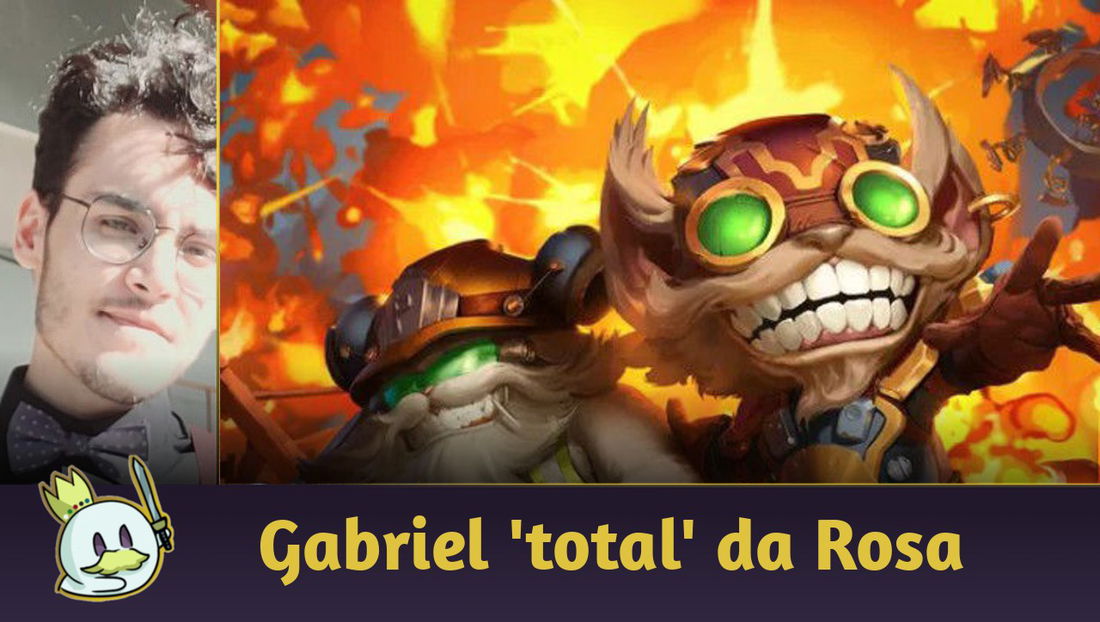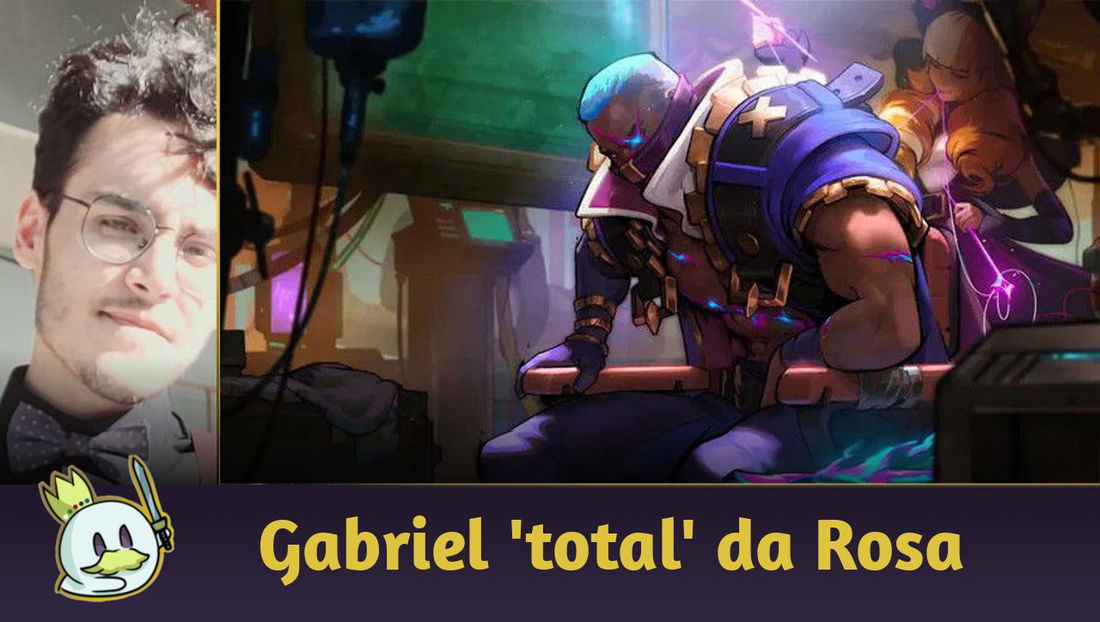Introduction
In this article, we'll go over the Zilean Taliyah's Eternal version.
This was already one of the most popular archetypes in Standard, but its Eternal version plays way stronger cards, and the entire list is stronger and more consistent.
Let's see the key differences in this list and check out how to play the new cards.
Eternal Zilean Taliyah - The Best Late Game in LoR
This archetype was popular during the last Standard rotation as a consistent control list that takes advantage of the new Ionia and Shurima landmarks that were added to the game.
The Heart of the Tree and The Rootbound Path are its main cards; they let you play powerful combos that discount the cost of your other cards.
Naturally, the list has a few weaknesses, like a slow early game that lets your opponent develop as they wish. This means this Zilean version struggles against aggressive lists.
Another issue is burn decks that play just a few units but deal a lot of damage to our Nexus directly. We do have many heals, but having enough mana to survive these matches is a bit difficult.
Nonetheless, the Eternal version mitigated all of these issues because it can play all the cards in the game and thus correct these flaws by adding other cards to this archetype.
This version's early game is a bit more consistent thanks to Forsaken Baccai and better Stuns, like Concussive Palm and a copy of The Stagehand.
It is also better at blocking thanks to Nine Lives, which puts two blockers on your board at burst speed.
Instead of Weight of Judgment, we play Shuriman Tellstones, which can give us Weight of Judgment as well as two other cards that can be extremely useful depending on the matchup.
Otherwise, the deck works just like its Standard version, but is way more efficient against aggressive lists. Because of the new cards, it can absorb the opponent's early pressure.
Main Strategy
This list's main strategy is to control the early game to put The Rootbound Path and The Heart of the Tree in play as soon as possible. These two cards are essential to our survival thanks to their effects, which discount the cost of our cards and heal us.
Generally, we'll win with a card we created randomly with The Heart of the Tree, so pick them wisely. Without these cards, winning matches is a lot harder.
Even though Taliyah is an excellent attacker, this deck doesn't include enough support for her to work as a finisher. Actually, her main role is as a combo piece that doubles the landmarks on the board with her summon effect.
Zilean works like a pivot: he isn't part of the combo directly, but creates a "snowball" effect throughout the match with his Time Bombs, and eventually adds the combo to your hand.
Mulligan
This list's mulligan is quite simple. You must always keep Predict cards as well as cheap cards in your hand, like Eye of the Dragon and Mister Root.
The ideal hand against aggressive matchups should look like this:

The ideal hand against control matchups should look like this:

Against control decks, keeping one Rite of Passage is a great idea, as we need to make sure we can bring back our landmarks if they're destroyed. However, if you don't think they're in any danger, you can keep Taliyah in your starting hand.
Favorable Matchups
This deck has favorable matchups against any Midrange Freljord list or lists that don't interact with the board directly and only focus on playing units instead. All Midrange archetypes struggle quite a lot against this list.
Control decks, in general, also struggle to win, considering The Heart of the Tree gives us one of the best late games in terms of value in all of LoR. And, as it is a landmark, there are only a few cards that can deal with it efficiently.
Lists like Karma Sett, for instance, can't deal with the value we'll create because Sett's Show Stopper can only Obliterate an enemy. Furthermore, there's no way to stop a Rite of Passage from bringing back one of our landmarks, as it is a focus-speed spell.
Unfavorable Matchups
Even though this deck plays many efficient tools to deal with aggressive strategies, there are still extremely fast lists in Eternal, like Burn Piltover & Zaun Teemo Elise.
The hardest matchup is Jhin Annie. This archetype's greatest strength is that they usually set up an explosive turn, attack with all they got, and often don't let their opponent answer it. As our deck doesn't play many unit removals, Jhin Annie's followers will regularly deal damage to our Nexus, and, even when we manage to block them, they'll deal significant damage to our Nexus because of their Burn effects.
Another unfavorable matchup is all Shurima decks that lean on Spellshield and counters, like: Samira Akshan, Sivir Akshan with the Elder Dragon, and Kai'Sa Evelynn.
Fast, but Very Important Tips
- Don't think twice before blocking with your Zilean and sacrificing him. Despite how strong his level 2 is, summoning him again is much better, as you'll shuffle even more Time Bombs in your deck this way.
- The Stagehand, despite being an offensive card, is one of the best blockers in the game because it can remove 4-health units like Ziggs and stop attacks entirely. It will buy you some precious time.
- Playing The Rootbound Path in general is a bit difficult because it is very expensive. It can delay your development, so, make sure to keep early game units in your mulligan to keep pressuring the board.
- Nine Lives is excellent in the defense, but can also be a finisher after you give Spirit to all your units multiple times with The Heart of the Tree.
- The blocker you'll create with Concussive Palm, as well as Eye of the Dragon's Dragonling and other units you create, are also affected by these global buffs.
- In Eternal, you'll often use Portal Pioneer to destroy other landmarks. This card, alongside Blooming Bud, is a powerful removal combo that can turn the game to your favor.
- Activating the effects on Story landmarks count as if you cast a spell, so they activate Flow, and, subsequently, Eye of the Dragon.
- Level 2 Zilean does copy Coins and add them to your hand, but he'll only give you 1 Coin instead of how many Coins you used on the previous turn.
- If you need to, don't discount the cost of your cards straight away with The Rootbound Path. You can double this landmark with Taliyah instead, or just wait for the right time to play The Heart of the Tree for less mana. Being greedy with this landmark tends to be worth it.
Final Words

If you read this far, thank you! I hope you had fun and enjoyed reading this article.
Don't forget to share.
See you next time!















— Comentarios 0
, Reacciones 1
Se el primero en comentar